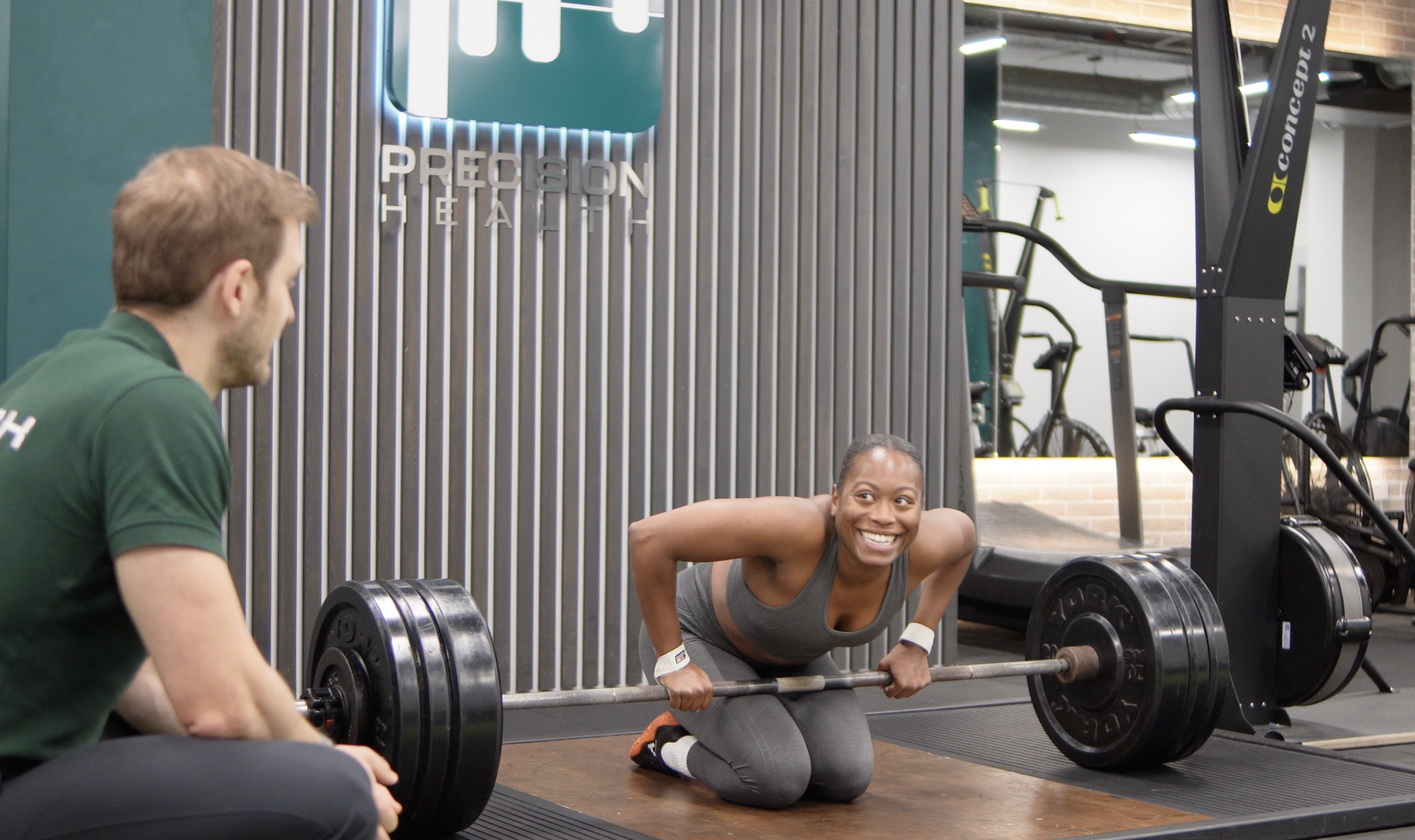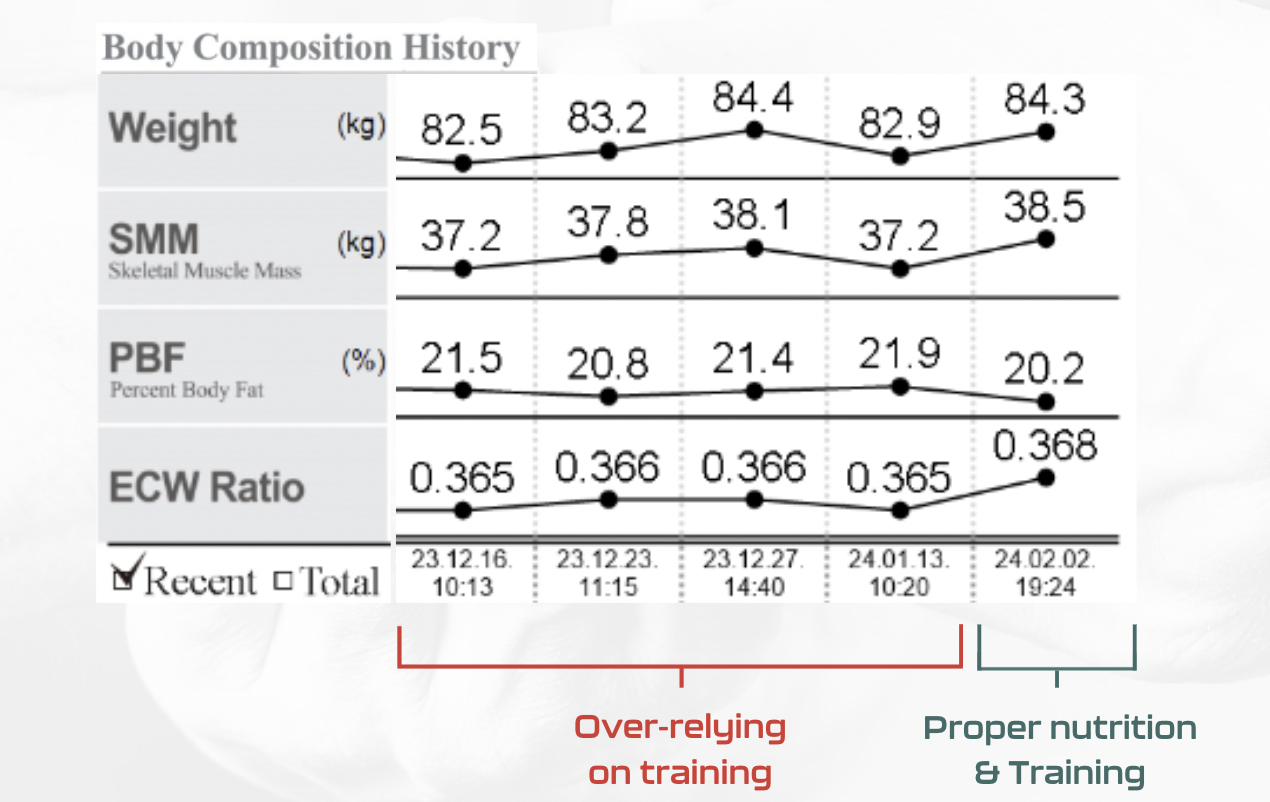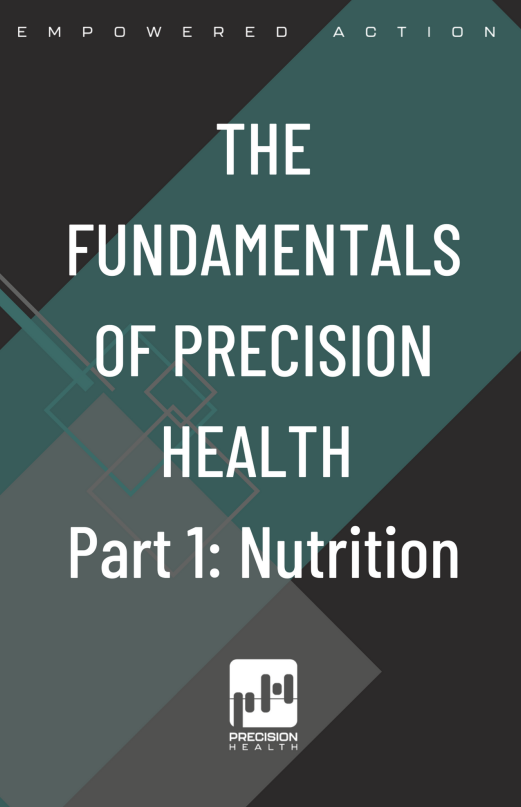
“The More I Train, the More Calories I Burn” – Let’s break this myth!
A common misconception, especially among those new to exercise, is the belief that simply increasing the volume or intensity of workouts will linearly increase calorie burn, allowing for greater dietary “freedom”. This sounds very appealing but misinterprets the body’s response to exercise and overlooks the complexity of metabolic processes involved. This post aims to clarify why more exercise doesn’t necessarily equate to a higher calorie burn, particularly for beginners, and underscores the importance of balancing training with proper nutrition.

The Misunderstood Science of Exercise and Calorie Burn
People new to physical training cannot exert themselves at the same intensity as seasoned athletes, limiting their overall calorie expenditure during workouts. Moreover, as the body becomes accustomed to exercise, it becomes more efficient at utilising fuel, meaning the same activity burns fewer calories over time, not more.
Exercise also shifts the body’s fuel source preferences, often using a mix of carbohydrates and fats for energy. This shift, while beneficial for overall fitness and health, does not translate to a straightforward increase in total calorie burn. In essence, just because you’re moving more doesn’t mean you’re exponentially burning more calories, especially in the early stages of your fitness journey.
The very common mistake of “Overcompensation”
Newcomers to exercise have the tendency to overcompensate with increased training for the poor dietary choices. This approach is flawed for several reasons. First, beginners’ physical capacity for high-intensity or prolonged exercise is limited. Pushing too hard too soon increases the risk of injury and burnout without significantly enhancing calorie expenditure.
Second, this overcompensation mindset can lead to neglecting the critical role of nutrition in achieving body composition goals. No amount of exercise can fully counterbalance poor dietary habits, especially when the body is just beginning to adapt to new physical demands. Nutrition, rather than exercise volume or intensity, should be the primary focus for those new to training who are aiming for fat loss and improved body composition.

Body composition vs Performance
It’s important to emphasise that if you start training you will probably experience increased muscle efficiency, altered fuel utilisation, and gradual increases in strength and endurance even without necessarily improving your nutrition. These are all great achievements but if your goal is losing body fat then you may want to change your dietary approach.
For beginners, the path to improved body composition is through learning and mastering basic movements, gradually building up physical capacity, and most importantly, adopting a diet that supports these fitness goals. Advanced athletes might be able to manage body composition through intense training, but beginners need to prioritise nutritional balance to see real changes because building up your physical capacity to a high levels takes time and patience when it’s done in a way to prevent injuries.
Here are some reflective questions for you:
- If you’re new to training, have you considered how your current dietary habits support or hinder your fitness goals?
- How can you adjust your fitness approach to balance the importance of both nutrition and progressive, sensible training?
My Recommendations for you
A balanced diet rich in whole foods, lean proteins, healthy fats, and complex carbohydrates provides the energy and nutrients needed to support exercise adaptation and improve body composition. Initially you don’t have to dramatically change your diet, focus on simple adjustments, so make a list of the things that you wish to improve and focus on 3 things at a time. Then, once you start to see some changes, you can start changing other things and reducing calories more.
Small, consistent changes in dietary habits, coupled with a realistic and progressive training program, will lead to significant long-term benefits in health and fitness.




